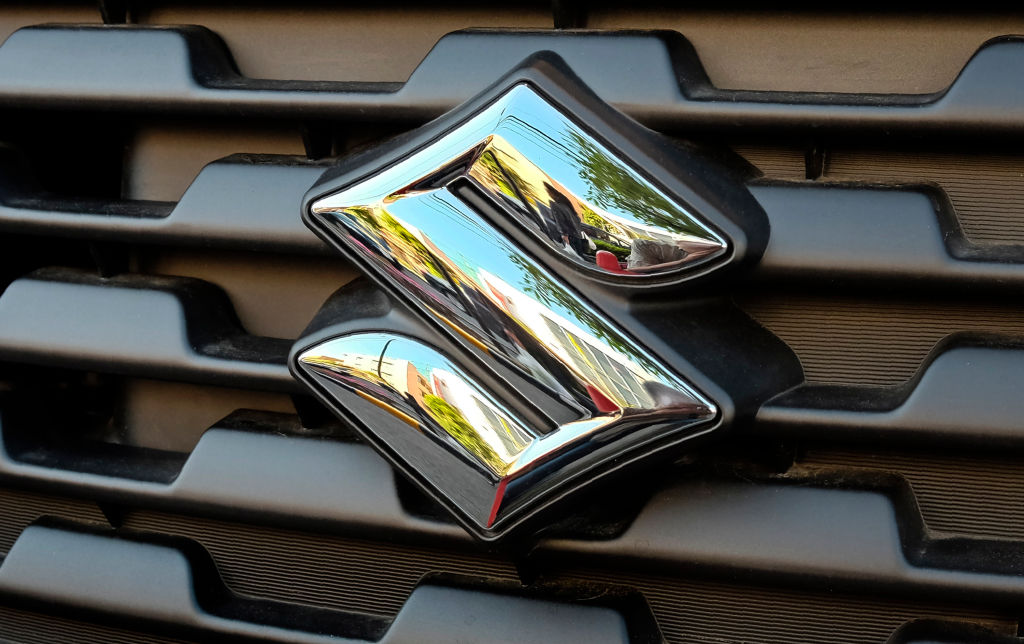- Saturday, June 07, 2025
China, which holds the global monopoly over the precious rare earth metals, had imposed the restrictions from April 4, as a direct response to US imposing high tariffs

By: India Weekly
JAPAN’S Suzuki Motor halted production of its Swift model cars from May 26 due to China’s rare earth restrictions.
China, which holds the global monopoly over the precious rare earth metals, had imposed the restrictions from April 4, as a direct response to US imposing high tariffs.
These metals are needed for the manufacturing of phones, automobiles, and aircraft.
Reports in recent weeks from India too spoke of growing concerns among the automobile manufactures about the scarcity of rare earth magnets, which are critical components in electric vehicles (EVs) and even some parts of traditional internal combustion engine vehicles.
Car industry representatives in Europe and the US have expressed concern that China’s rare earth export controls could soon lead to stoppages in production.
But China continues to play hardball despite requests from a host of countries, including the US, EU, and India.
“China’s export control measures are consistent with universal practices,” Chinese Foreign Ministry spokesperson Lin Jian said, responding to a question during a media briefing in Beijing on Thursday.
“Such measures are non-discriminatory and not targeted at any particular country,” he said, adding that the question should be directed to competent authorities.
This is the second time this week that Lin deflected a question on the growing global concerns over the restrictions over exports of Chinese rare earth metals.
On Tuesday, he evaded a question about reports of China’s rare earth export controls creating the risk of shortages, by saying that the question should be addressed to competent authorities.
China’s export restrictions on germanium, a critical mineral that is used in manufacturing of semiconductors, fibre optic cables and solar panels, has sparked concerns in India among the respective industries.
Officials of India as well as many other countries say they are engaged with the concerned ministries and departments.
Rare earths are a group of metals consisting of 17 elements.
Though present in several countries, their extraction is costly and messy, causing massive amounts of pollution.
According to the International Energy Agency, currently China accounts for 61 per cent of global mined rare earth production, but controls 92 per cent of the global output.
China’s exports restrictions of rare earths, which were imposed in June last year through a decree by Premier Li Qiang, reportedly became stricter since US president Donald Trump imposed 146 per cent tariffs on Chinese exports.
This week, the European Union (EU) urged China to stop restricting the export of rare earth minerals and magnets, with the bloc’s trade chief saying its industries are in an “alarming situation”, South China Morning Post reported on Thursday (5).
It comes as sectors across Europe raise the alarm about a shortage of rare earths, which are used to manufacture hi-tech goods ranging from electric cars and smartphones to military tanks and aircraft.
EU trade chief Maros Sefcovic, who met the Chinese commerce minister Wang Wentao on Tuesday, told reporters that he has informed him about the alarming situation faced by the European car industry and other sectors.